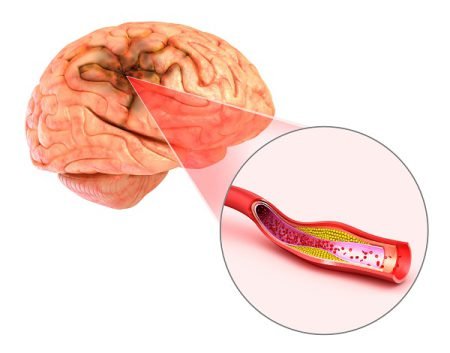2.5mg or 5mg: Which Eliquis Dose Is More Effective?
- Updated on: Jun 28, 2024
- 3 min Read
- Published on Jan 20, 2023

Eliquis (apixaban) is a medication that is used to prevent blood clots and stroke in people with atrial fibrillation. It is a type of irregular heartbeat condition. It is in a class of drugs called direct oral anticoagulants (DOACs), which work by inhibiting clotting factors in the blood. Eliquis is available in two different doses- 2.5 mg and 5 mg.
This blog aims to compare the effectiveness of both Eliquis doses- Eliquis 2.5 mg tablet and Eliquis 5mg tablets. You will get to know about the clinical studies and results of them. It also provides information on factors that are considered when choosing the right dosage for a patient.
Comparison of 2.5mg and 5mg Doses
The 2.5mg dose is prescribed to patients who have a higher risk of bleeding. While the 5mg dose is for those patients who have a lower risk of bleeding. Both doses are indicated for the prevention of stroke and blood clots. Also for the treatment and prevention of deep vein thrombosis and pulmonary embolism.
Clinical Trials and Studies On Efficacy of Eliquis 2.5 Mg & 5mg Doses
In ARISTOTLE, apixaban reduced the risk of stroke or systemic embolism by 21% compared with warfarin. The reduction was significant and demonstrated the superiority of apixaban over warfarin. Apixaban also reduced all-cause mortality by 11% (P = 0.047) and major bleeding by 31% (P < 0.001) compared with warfarin.
Vitamin K antagonists have been shown to prevent stroke in patients with atrial fibrillation. However, many patients are not suitable candidates for or are unwilling to receive vitamin K antagonist therapy. Apixaban, a novel factor Xa inhibitor, may be an alternative treatment for such patients.
Comparison of Side Effects of Both Eliquis Doses
Both Eliquies 2.5 mg tablet and Eliquis 5 mg tablets have similar side effects. But the frequency and severity differ between the two doses.
Common side effects of Eliquis 2.5mg and 5mg include:
- Bleeding: The most common side effect of Eliquis is bleeding. This can occur anywhere in the body and can range from minor to severe. The risk of bleeding is higher in people who are older or have a history of bleeding disorders.
- Bruising: Eliquis can also cause bruising, which is a common side effect of blood-thinning medications.
- Nausea: Some people may experience nausea after taking Eliquis.
- Headache: Headaches are a common side effect of Eliquis.
- Dizziness: Dizziness mainly occurs when you stand up.
- Fatigue: Eliquis can cause extreme tiredness, which can be a sign of bleeding.
- Anemia: Eliquis can cause anemia, which is a condition where there are not enough red blood cells in the body.
In general, the frequency and severity of side effects are higher with the 5mg dose than with the 2.5mg dose. However, the best dose for each individual will depend on factors such as age, weight, and medical history. It is important to speak with a healthcare provider to determine the best dosage for a specific person. You can get free pharmacist consultations on Polar Bear Meds. They provide all medications and insulin at discounted price. This is especially beneficial if you live in the USA. As they express ship to every state in the United States of America.
Factors to Consider When Choosing a Dose
Some factors must be considered while choosing a dose as these factors avoid the common side effects of the doses. The following are some factors that affect patients’ choice of dose:
- Overall health and medical history
- Current medications and potential interactions with Eliquis
- Weight and body mass index (BMI)
- Age and gender
- The reason for prescribing Eliquis (e.g. stroke prevention, deep vein thrombosis)
- The renal function and liver function
- The bleeding risk
- The ability to comply with the dosing schedule and instructions
- The response to previous anticoagulant therapy
- The availability of monitoring options (e.g. blood tests to monitor INR)
Conclusion
The findings of the Eliquis 5mg tablets and Eliquis 2.5mg tablets studies indicate that both dosages are effective in reducing the risk of stroke and blood clots. The 2.5mg dose had a slightly lower risk of major bleeding events compared to the 5mg dose. But the difference was not statistically significant.
Overall, both dosages were well-tolerated and had similar safety profiles. The results of the studies support the use of Eliquis as a treatment option for non-valvular atrial fibrillation.
Recommendations:
We believe that Eliquis 2.5 mg tablets and Eliquis 5mg tablets are valuable treatment options. Especially for patients with non-valvular atrial fibrillation. Polar Bear Meds is highly recommended if you live in the USA. They ship to every state of the USA with express delivery options. They also provide medications and insulin at highly discounted prices.












